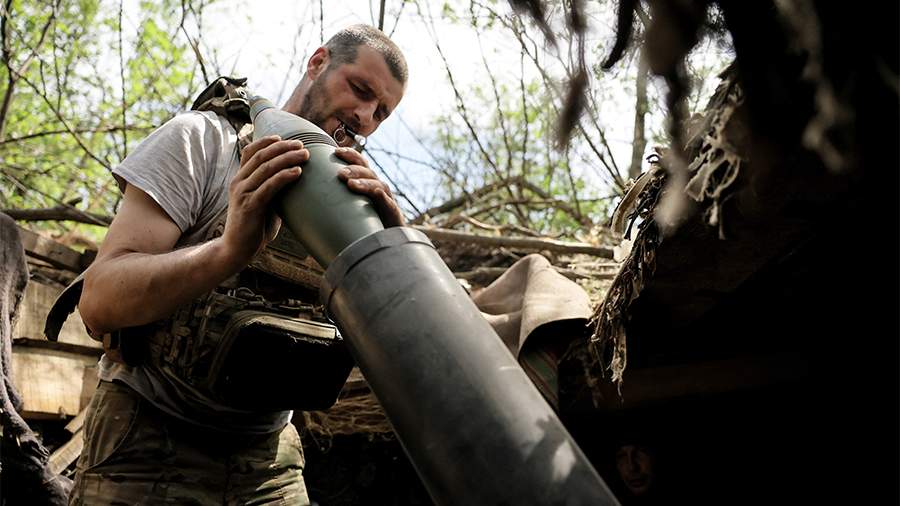The political scientist explained the continued EU support for the conflict in Ukraine to the benefit of Brussels.
- Новости
- Policy
- The political scientist explained the continued EU support for the conflict in Ukraine to the benefit of Brussels.

The European Union (EU) will support Kiev and ensure the continuation of the Ukrainian conflict until it is beneficial for Brussels. On June 3, political analyst Alexander Asafov told Izvestia.
According to him, the EU and the UK will seek to weaken the Russian Federation and invest in Ukraine until the costs become less than the preferences.
"As long as it does not threaten the electoral mechanisms of power formation, that is, when people stop voting for those who restrain Russia and support the Kiev Nazi regime, they will continue to [support] it," he concluded.
In addition, Asafov stressed that there are forces in the European Union that disagree with the position of Brussels on a number of issues. According to him, countries such as Hungary, Slovakia, and now Poland have a sovereign view on pan-European issues.
"We will be watching with you for quite a long time how the European Union continues its existence inertially, in fact, not being a de facto friendly union of states united by goals and objectives," Asafov said.
At the same time, the political scientist ruled out that the voices of Europe's right-wing leaders could lead to the disintegration of the union. According to him, disagreement with the position of Brussels is usually resolved in the EU by financial punishment.
"Consider that the special position of [Hungarian Prime Minister] Orban, the special position of [Slovak Prime Minister Robert] Fico, the special position of [Polish President-elect Karol] Nawrocki or anyone else will somehow destroy the European Union, it seems to me, prematurely," the political scientist noted.
He added that the UK, against the background of the actions of US President Donald Trump, is taking over the initiative in Europe, not being part of the European Union, and is actually beginning to dictate the pan-European agenda.
On June 3, Orban accused Brussels that the EU had decided that Ukraine needed to continue the conflict, and noted that "Brussels bureaucrats do not support the US peace plans." On the same day, the Hungarian Prime Minister admitted that the conflict in Ukraine could drag on for a long time. He added that this would lead to serious consequences for the security and economy of the European Union.
Prior to that, on May 27, Russian Foreign Minister Sergei Lavrov said that the West was in every way inciting Ukraine to continue the conflict with Russia. He also noted that he sees attempts by the EU to disrupt the negotiation process between Moscow and Kiev.
Переведено сервисом «Яндекс Переводчик»

